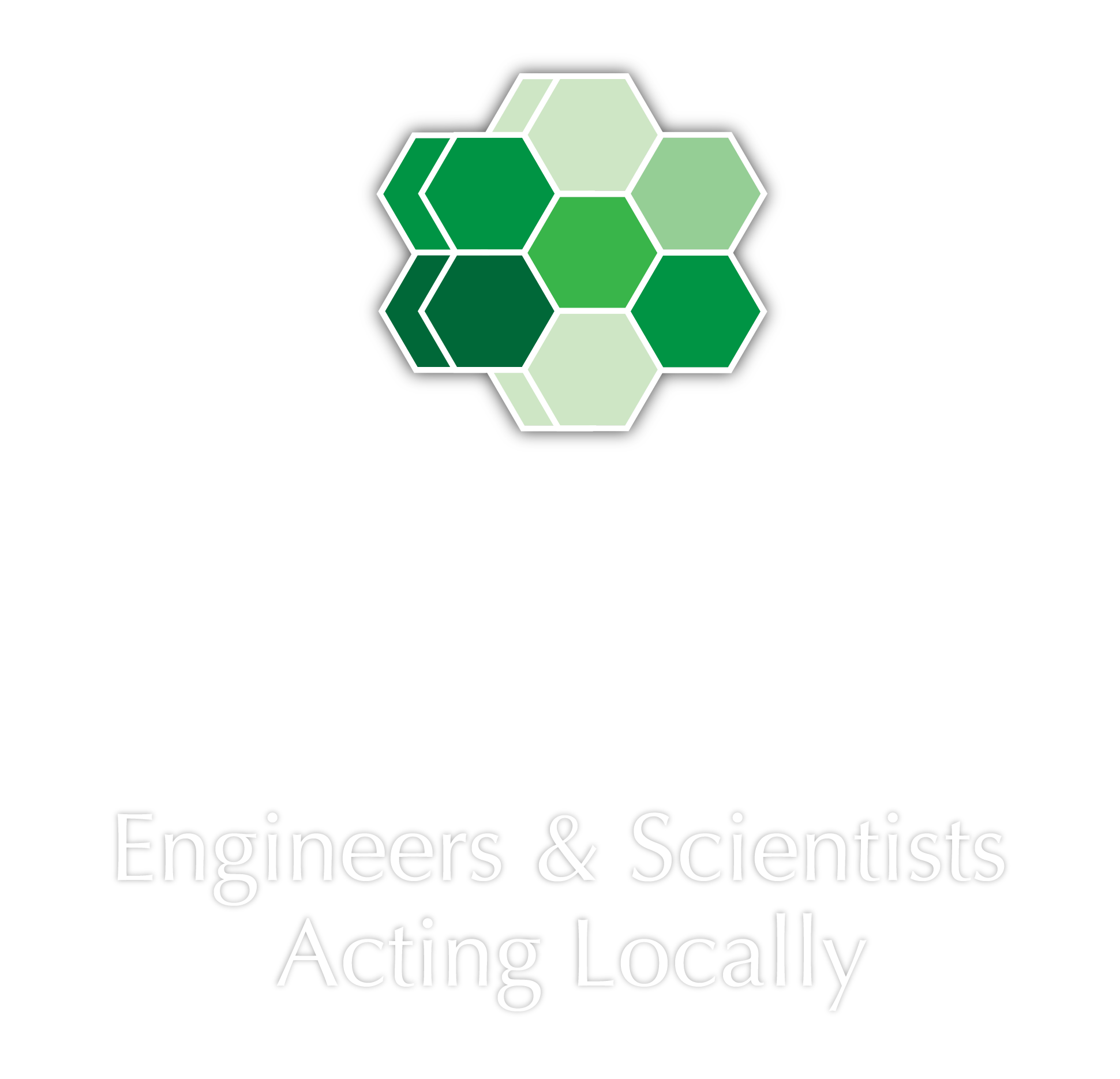The Scientific Citizenship Initiative (SCI), based in Boston, Massachusetts, aims to make science “more socially responsive and responsible” by expanding STEM student training in leadership, communication, and ethics, and developing fellowships for scientists to serve in their communities.


